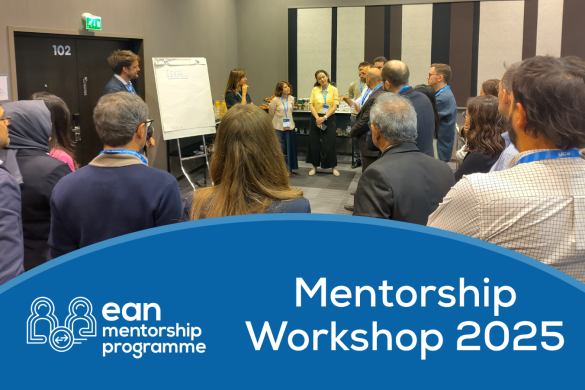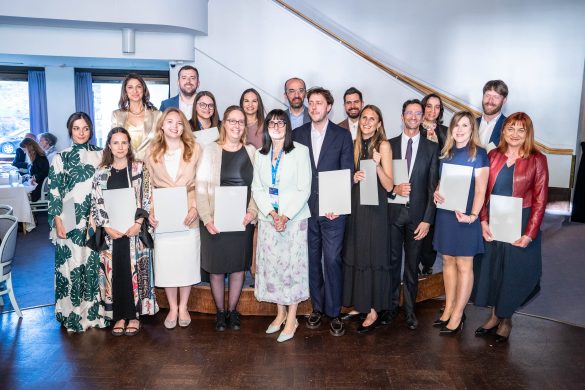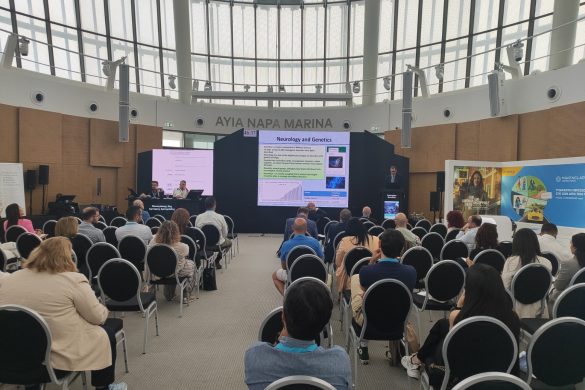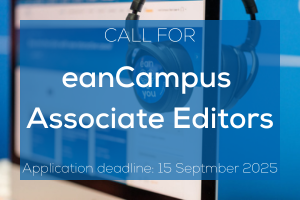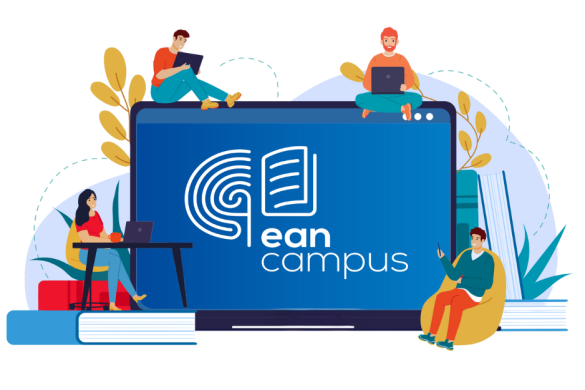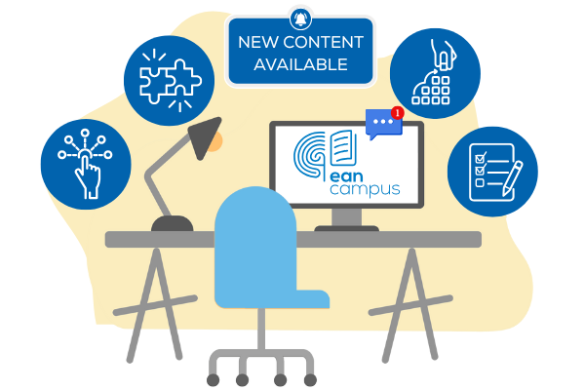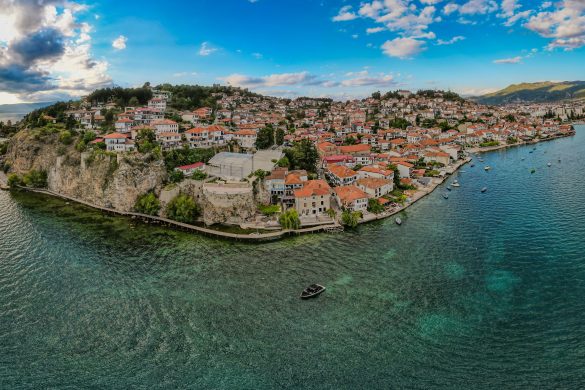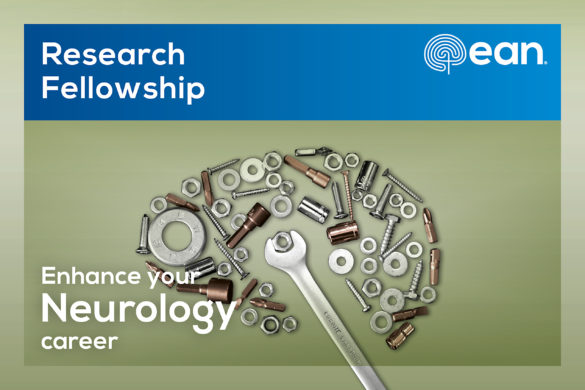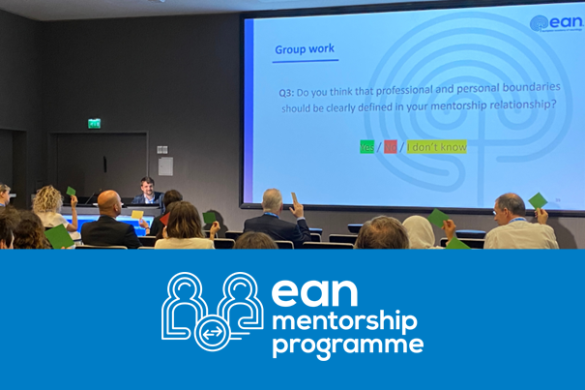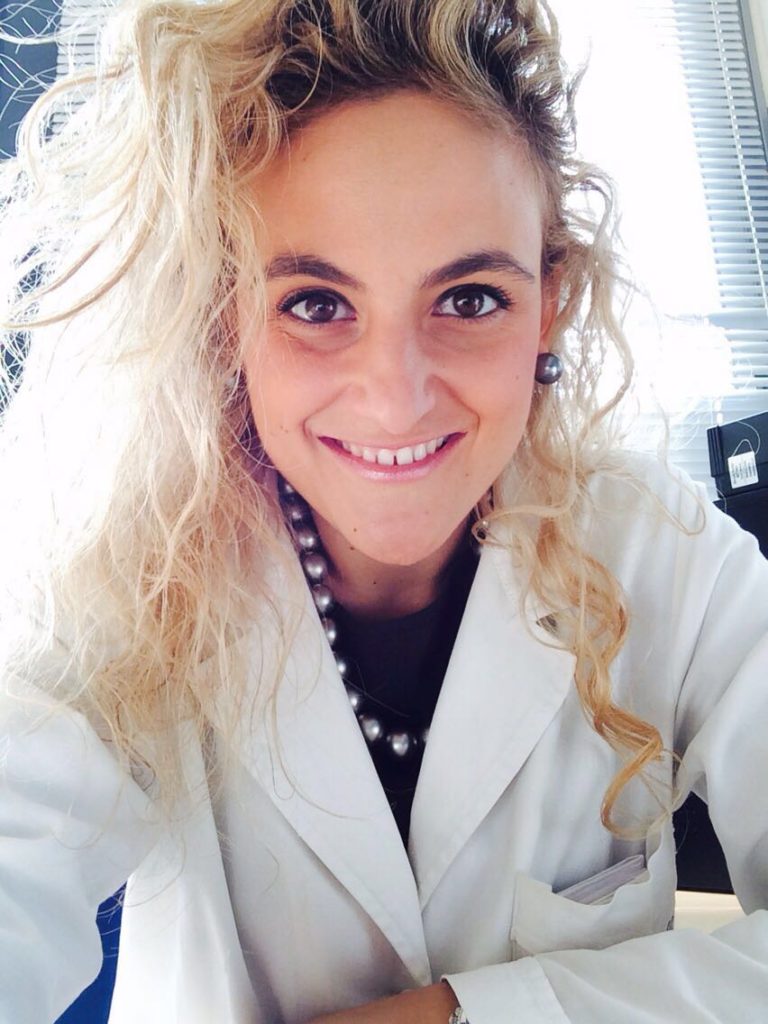
Giorgia Sciacca, Catania, Italy
Term of the Fellowship: 22.6. – 31.7.2020
Hosting department: Service de Neurologie, CHU Grenoble, Hopital Nord, France
Supervisor: Prof. Elena Moro
I am delighted to report my wonderful experience for EAN Clinical Fellowship at Movement Disorders Center of Grenoble Alpes University.
The prestigious center of Grenoble, directed by Prof. Elena Moro, is considered one of the best reference centers for advanced therapies for Parkinson’s disease and other movement disorders, especially for Deep Brain Stimulation (DBS). Therefore, it has been an honor and a dream that came true to attend this department.
I was pleased for the opportunity to work with Prof. Elena Moro, who is a great neuroscientist woman and a very competent clinician. Prof. Elena Moro and her staff personally helped me in developing clinical and research skills in movement disorders field during these months.
From the first day, I was included in all clinical activities of the center, consisting in daily consultations of advanced parkinsonian patients and patients affected by dystonia and tremor, day-hospital outpatient activity for toxin botulin treatment and intraoperative monitoring for interventions of DBS.
The number and the variety of disorders that I could observe during the daily consultations of outpatients were impressive, especially because I had learned the therapeutic management of more severe cases.
During the visits, I learned much more about semeiotics of movement disorders and the application of different and worldwide clinical scales, which are essential for monitoring clinical conditions of patients overall the time with the progression of the disease.
I also followed the consultations for toxin botulin treatment, that were conducted with special dedication through echo and EMG guide. This systematic approach permits to the clinicians a very good accuracy in beneficial effect of therapy, especially for treatment of complicated dystonic patients.
Prof. Elena Moro and her medical staff permit me also to participate to pre-surgical meetings for candidates of DBS. The multidisciplinary collaboration between neurologists and neurosurgeons with the aim to define the right candidates for surgery, to decide the right strategy for implantation and the choice of type of electrodes and setting stimulation, is fundamental to obtain the best outcome for the operated patients.
I could also assist to the DBS interventions in surgical room, with special attention to intraoperative monitoring of parkinsonian patients and it was very emotional for me to take part of the surgical and neurophysiological processes that conducted to the implantation of electrodes.
I started to become familiar with the different programmers for DBS and how to manage DBS patients with a long-history of surgery.
All medical staff showed an impressive self confidence in the resolution of the most severe clinical conditions associated with a great humanity for patients and their caregivers. They shared with me their knowledge about the field and their new ideas for research projects, integrating me in their activities as I was an official member of the center.
During the period of the clinical fellowship, I also helped Prof. Moro’s crew to collect patient’s data, observing their special attitude for the research field. Therefore, I tried to learn the right methodology to conduct a research project and the accuracy to obtain results which could meliorate the quality of life of patients.
The EAN Clinical Fellowship gave me the opportunity to improve my skills in neurology and in particular in movement disorders field, but also to re-discover the passion, the humanity and the care in assistance of patients affected by severe disabling disorders.
It was also important for the creation of a solid network, as all the staff demonstrated to be welcoming and careful towards me and my needs in every single occasion. Moreover, they stimulated me to study and to improve my competences, giving me confidence and making me feel part of a group.
I am very grateful to the European Academy of Neurology to give me this precious opportunity that changed me as clinician and person. I hope to bring all the learned skills at my home department with the aim to improve the assistance of our patients.
Finally, I would like to thank Prof. Elena Moro, Dr. Valerie Fraix, Dr. Sara Meoni and Dr. Anna Castrioto for demonstrating me their wonderful hospitality. I know that I will be able to count on their clinical support in every occasion I will need an expert opinion in movement disorders field.
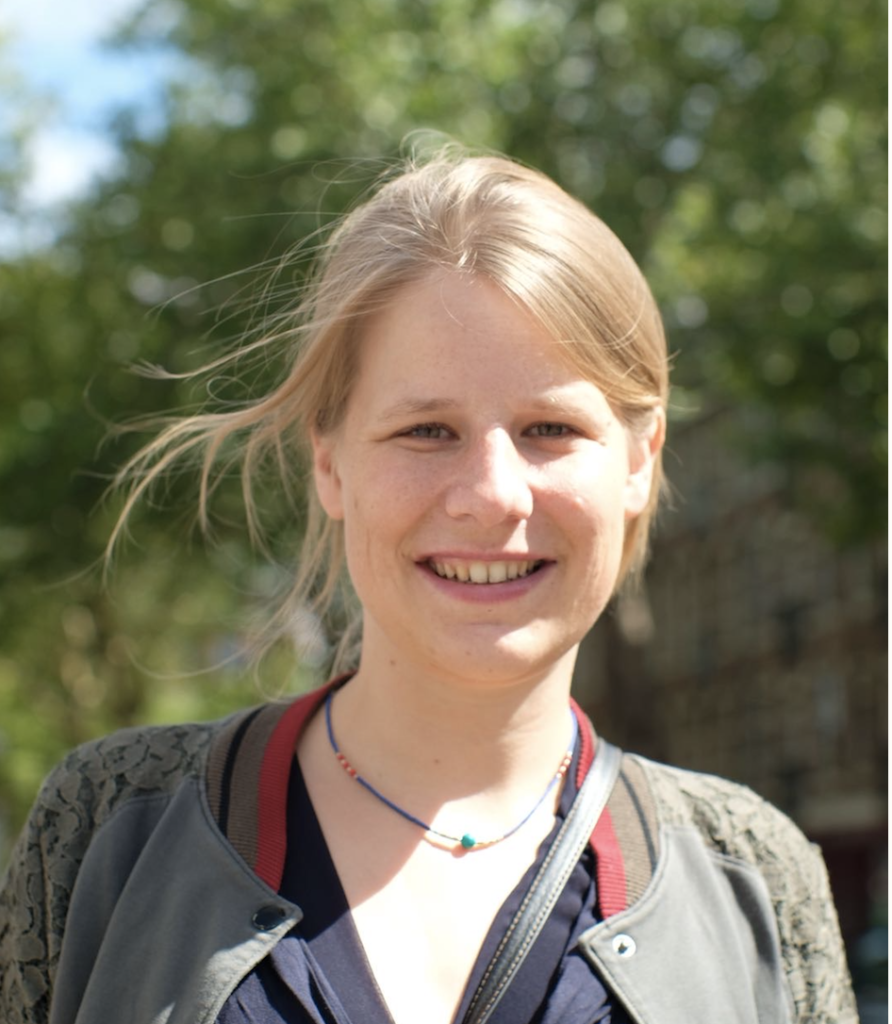
Femke Dijkstra, Belgium
Term of the Fellowship: 1.8. – 11.9.2020
Hosting department: Clinical Neurophysiology, Academic Center for Epileptology Kempenhaeghe Heeze Maastricht UMC, The Netherlands
Supervisor: W.C.T.M. Angelique Pijpers, MD, PhD
My name is Femke Dijkstra and I’m a neurology resident from the University Hospital Antwerp. From 01-08-2020 until 11-09-2020 I went to the Academic Centre Kempenhaeghe for Epilepsy and Sleep Medicine to obtain more clinical experience with sleep medicine. I did my internship on both locations in Heeze and in Oosterhout.
It was a great experience to practice sleep medicine in a specialized and multidisciplinary setting. The internship was only 6 weeks but very well organized, I learned a lot about sleep medicine in general and about neurological sleep disorders specifically. It was also very interesting to see and discuss the differences in practicing neurology and sleep medicine between Belgium and the Netherlands.
I spend most of the time at the outpatient department, seeing many patients with different neurological sleep disorders (such as REM and NREM parasomnias, hypersomnia, insomnia and circadian rhythm disorders). Here, I learned how to perform a structured sleep history, which investigations to plan (such as polysomnographies, multiple sleep latency tests, actigraphies, sleep-wake diaries, dim light melatonin onset) and how to interpret them. Furthermore, I learned a lot about the different treatment options (both medical and cognitive behavioral interventions), especially in patients with complex or refractory sleep disorders.
I also spend several days joining the pulmonologist, child neurologist, sleep nurses and I attended a group therapy session for insomnia. There was a multidisciplinary meeting every week to discuss patients with unclear or complex diagnostic or therapeutic issues. This gave me an idea about all the other aspects of sleep medicine besides neurology. Finally, I improved my knowledge of polysomnography analysis and interpretation in the sleep lab. I would like to thank the European Academy of Neurology for giving me the possibility of the clinical fellowship and I would like to thank the whole team of Kempenhaeghe for welcoming me, sharing their knowledge and making the internship possible during the COVID crisis.




